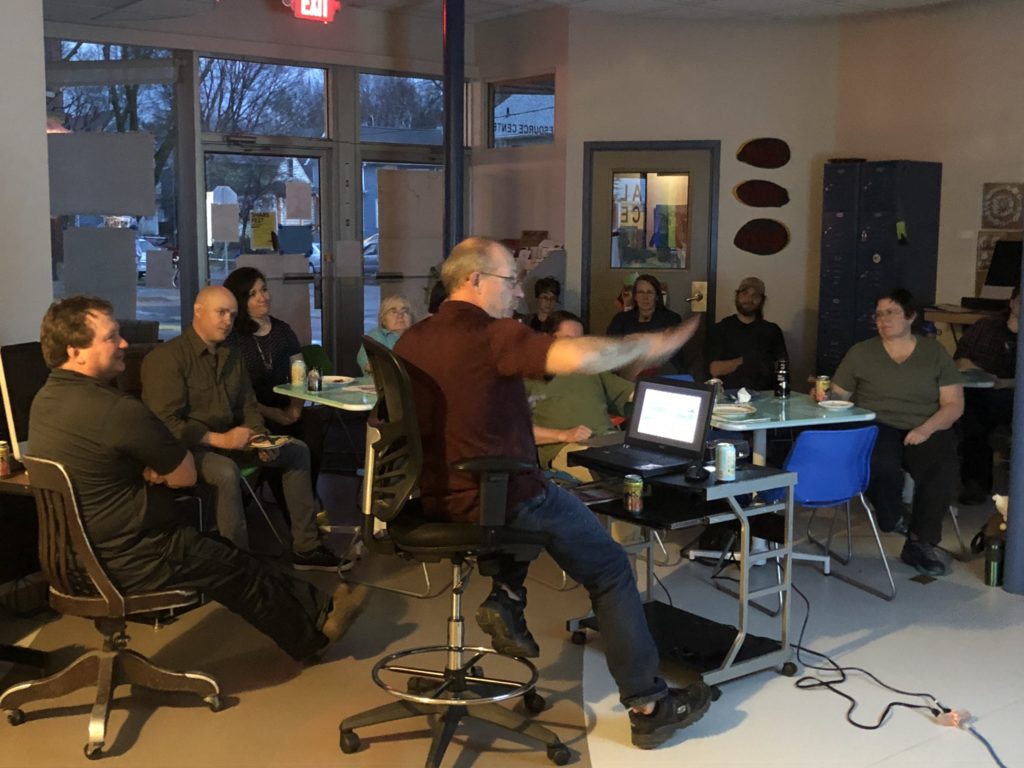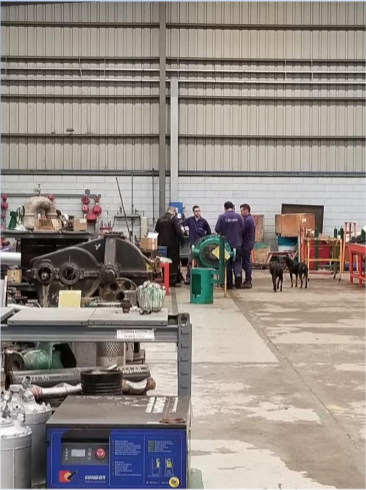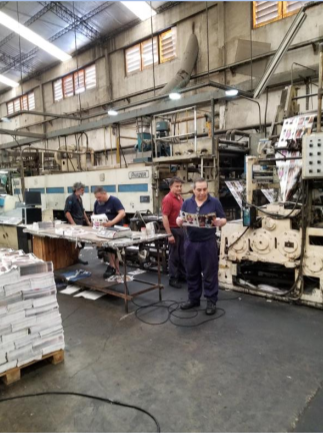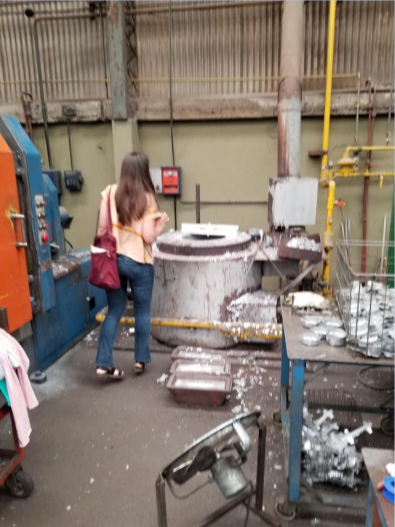The co-ops of Argentina are fascinating, although they’d probably prefer not to be.

There are over 20,000 cooperatives in Argentina, and the most colorful ones are the 300+ that are known as “recovered businesses.” These are companies that went bankrupt and closed, but the workers re-entered the buildings and re-opened the businesses, now converted to worker co-ops. They’re found largely, though not exclusively, in Buenos Aires.

Mike Krause of Isthmus Engineering gave a presentation Monday night on his visits to some of these co-ops. One of his main points was that the government of Argentina dislikes co-ops in general and recovered business in particular… because they work. As the Argentine economy goes through rather predictable boom-and-bust cycles on a ten-year schedule, co-ops are one of the main ways people survive the bust years. But working-class people surviving — and presenting a viable alternative to neoliberal policies — does not serve the interests of the wealthy or the current right-wing government.
As Mike explained, this means that co-ops have to seek support elsewhere. The first place they find it is in each other. Co-ops don’t see each other as competitors, even when they provide the same goods or services. On the contrary, they join together into second and even third-tier federations to purchase in volume, to lobby the government (or hold street protests against it), to improve their internal processes, and even to find ecologically responsible ways to dispose of their waste products. Additionally, co-ops go out of their way to include each other in their supply chains.

The other main place co-ops find support is in their local communities. For example, all three co-ops Mike visited encourage children and other family members of current members to become members as well. One has an internship program and sponsors a local soccer team. Another is about to open a vocational school on its property, which is not limited to the products the co-op makes. In fact, education is a recurring theme among co-ops across Argentina — job training, co-op education, and general education are all considered important, both for members and for the broader community. The success of the co-ops and improvements in the quality of life of their communities are tightly correlated.
Co-ops in Argentina do find support in other places, as well. All the co-ops are on very good terms with labor unions, for example. Also, in spite of the conservative domination of the national government, the more progressive parties are long-time advocates for co-ops and recovered businesses.

All this support is crucial to the survival of co-ops, especially the recovered businesses. They face hostility from the President of the country, conservative media outlets, and often from courts as well. Ownership of the businesses and their assets is frequently contested. New co-ops commonly come into existence saddled with the debts of the old businesses. The cost of utilities skyrocketed recently for households and small businesses generally, and local authorities are known to be hyper-vigilant about health and safety regulations with recovered businesses. And all this is layered on top of the difficult economic position the country as a whole is in, plus the lingering effects of decades of dictatorship and corruption.
The fascinating thing about the co-ops of Argentina is that they are doing as well as they are. As Mike observed at the end of his talk, all the co-ops he visited had court dates or similarly important events in the immediate future. When they say la lucha sigue, the struggle goes on, they really mean it. There’s no shortage of people who want to see cooperativism fail, and economic power even more concentrated in the hands of big businesses and their wealthy owners. No co-op could stand up to that alone, but they’re not alone. With cooperation among co-ops and concern for their communities, they’re not only surviving, they’re setting an amazing and important example.